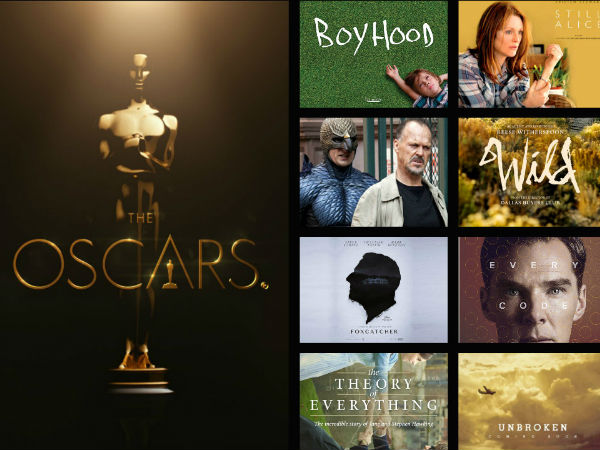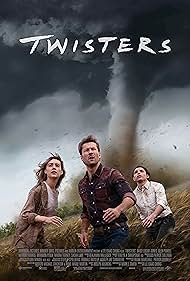Mixed Reviews and Moving Movie Music: the 87th Academy Awards

As always, the Academy Awards show could not live up to the quality of the films it was respecting, but that’s never been the goal. That’s about all I have to say about the usually stellar Neil Patrick Harris’s diminishing performance after his opening, and while I wish I could remember the show for its relevance to the film industry, it’s probably going to be remembered for its lack thereof.
This year’s show was chock full of emotional performances and various social and political statements received with standing ovations, and all of them felt real and powerful.
The musical performances were great, John Legend and Common performed ¨Glory¨ from Selma, a performance that brought the film’s star, David Oyelowo, to tears. The song is already powerful, but when it was given its well deserved and easily predictable award a few moments later, Common gave an extremely articulate speech about the racial relations in our country, bringing even more power to the song.
Lady Gaga showed her true talent in her tribute to The Sound of Music. Coming out dressed in a simple white dress, she belted out an incredible tribute to a musical performance that takes true talent to do justice to. To my surprise, Lady Gaga proved that she could well be considered the most talented vocalist in pop music today.
However, this show was about film, so let’s get to the good part!
There were several categories that had the winners locked up from the start. J.K. Simmons’s riveting performance in Whiplash and Patricia Arquette’s perfectly portrayed role in Boyhood took their Oscars with no qualms. Julianne Moore surprised no one by winning Best Actress for her performance in Still Alice, but like many of the categories this year, Best Actor was too close to call, though it ended up in the hands of Eddie Redmayne for his portrayal of Stephen Hawking in The Theory of Everything.
The two big winners in the smaller categories were The Grand Budapest Hotel and Whiplash, receiving four and three awards, respectively. Wes Anderson’s magical and eccentric film stood out from the other winners, which were mostly serious, with political or social statements (i.e. The Imitation Game, Selma, Citizenfour), or a powerful performance of a character with a terrible debilitating illness (i.e. Still Alice, The Theory of Everything, American Sniper). Whiplash stood out as a very well-edited film with a unique look about what it takes to achieve greatness, and the type of people who get you there.
The biggest loser of the show was definitely Boyhood. I expected it to win Best Picture, Best Director, Film Editing, and Supporting Actress, and it came away with only the latter. While it wasn’t a sure-shot for Director or Editor, it was far and away the favorite for Best Picture.
The biggest winner was, of course, Birdman, winning for Cinematography, Best Original Screenplay, Best Director, and Best Picture. As the film’s director and one of its writers pointed out in his speech, this is the second consecutive year that a Mexican has won Best Director, last year being Alfonso Cuaron for Gravity.
This comment, combined with the other political statements made by other winners, might serve to soften the backlash that surrounded the lack of racial diversity represented in the nominees.
No single film dominated the show like Gravity did last year, taking seven Oscars, and I believe that was due to this year’s films being remarkably tight in quality. While there’s as much drama surrounding it as a group of teenage girls from Rocklin, the Academy Awards are about recognizing excellence in film, and there’s certainly no shortage of that.












